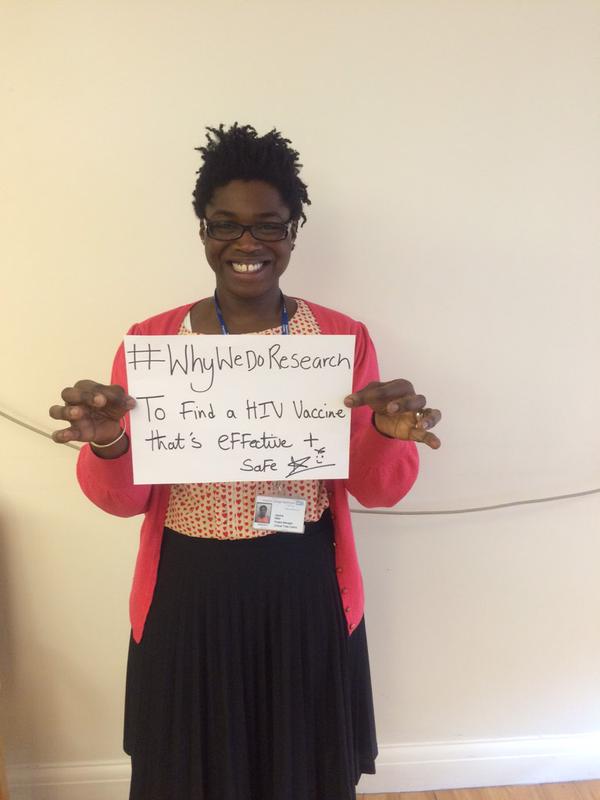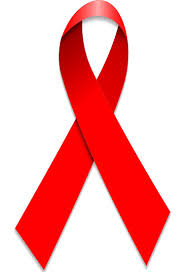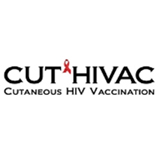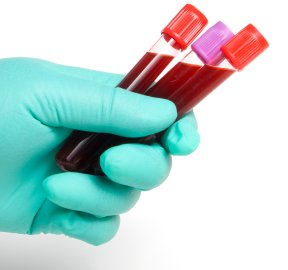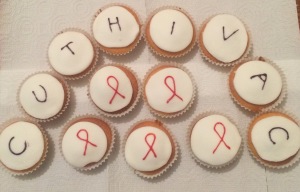It’s been a while since the last post on this blog. A lot has been going in the trials unit at St Mary’s, including new trials, endless meetings and lots of hard work in the lab analysing results from the last trial- CUTHIVAC001.
BHIVA (British HIV Association) 2015 took place in Brighton and we are thrilled to say our own Dr Goli Haidari won best poster and gave an excellent presentation. The team live-tweeted some of the talks and raised interesting points, meaning our following online is growning more and more.
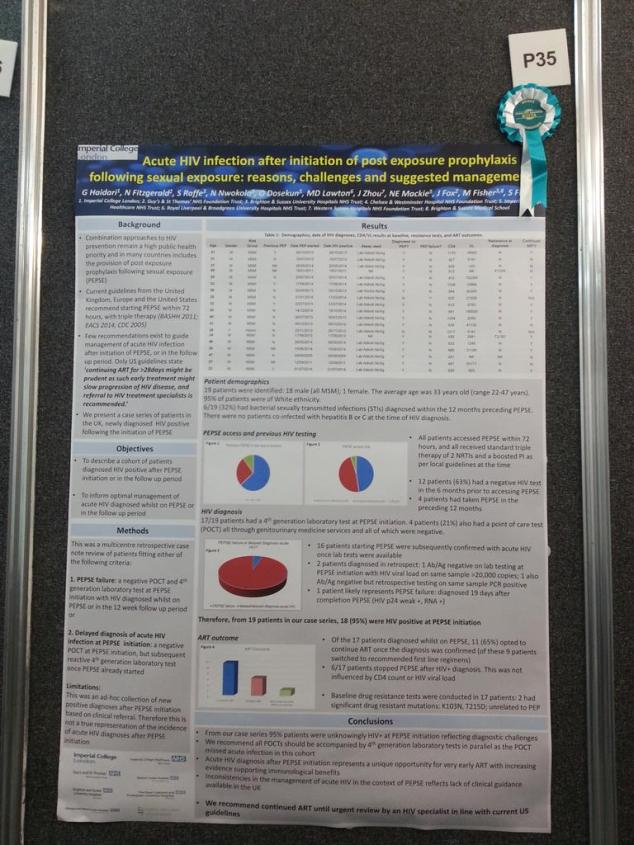
In trial terms, the hardwork continues long after the last participant visit of the trial, and as this is being typed members of the team are pouring over notes and completing database work. Our fantastic lab team are also still hard at work everyday.
We have excitingprojects in the pipeline as well as new trials beginning and it’s been a busy time of prep, protocols and conferences. From an educational point of view, we are building on the work started by our research nurse Hazel and bringing in more students over the coming weeks. We have had great responses and feedback from those who visited us at the end of 2014 and the start of this year and we are extremely pleased to see students wanting to get involved in research.
A lot is happening over the next few months and we hope to have a lot of interesting stuff to share, so keep us in mind.


